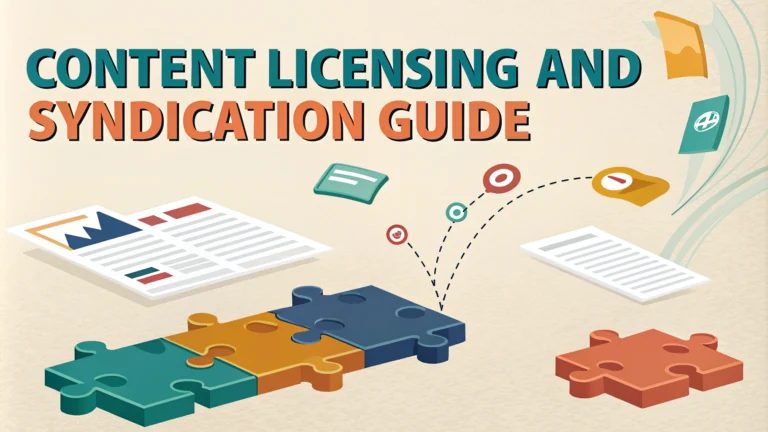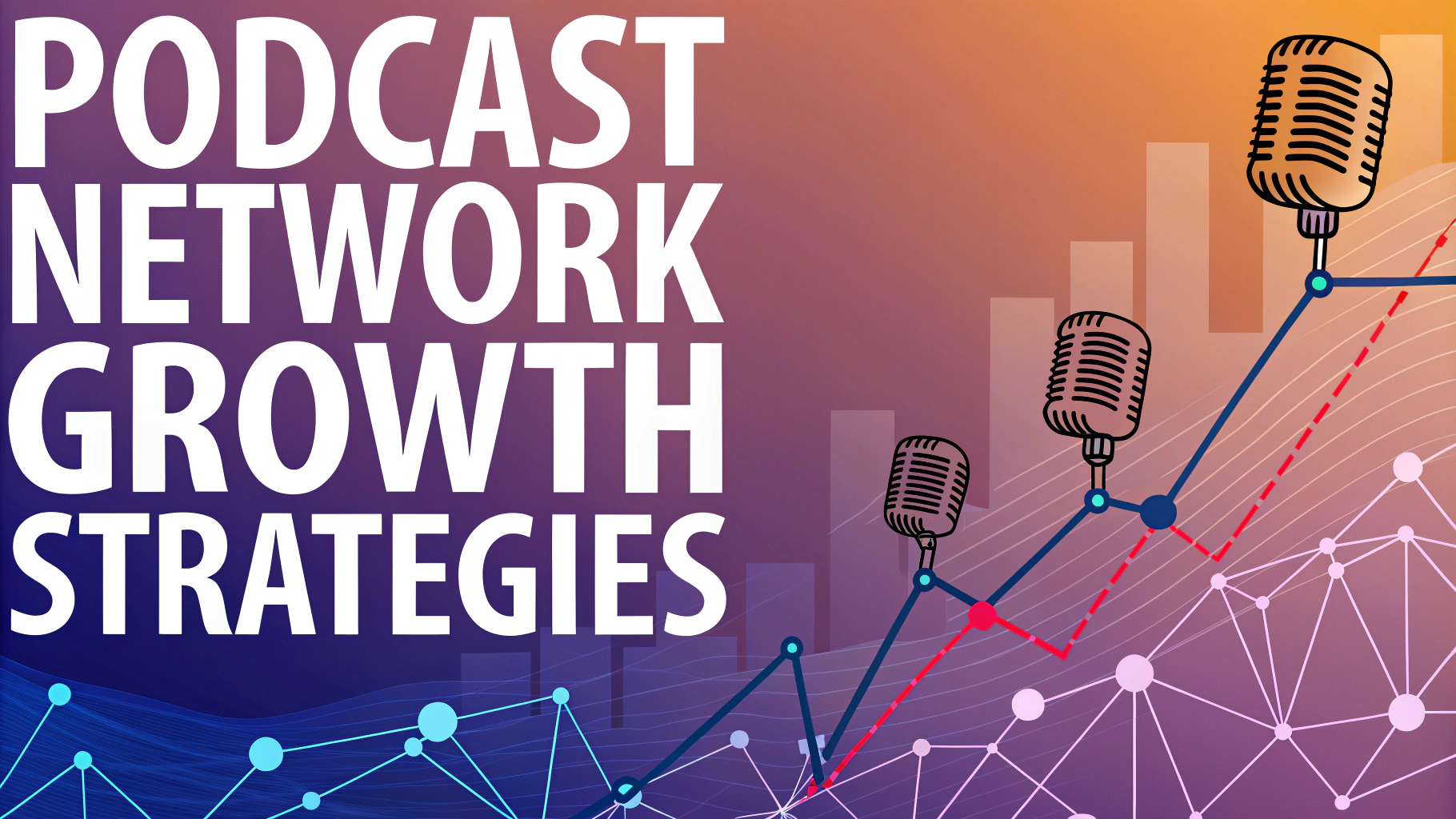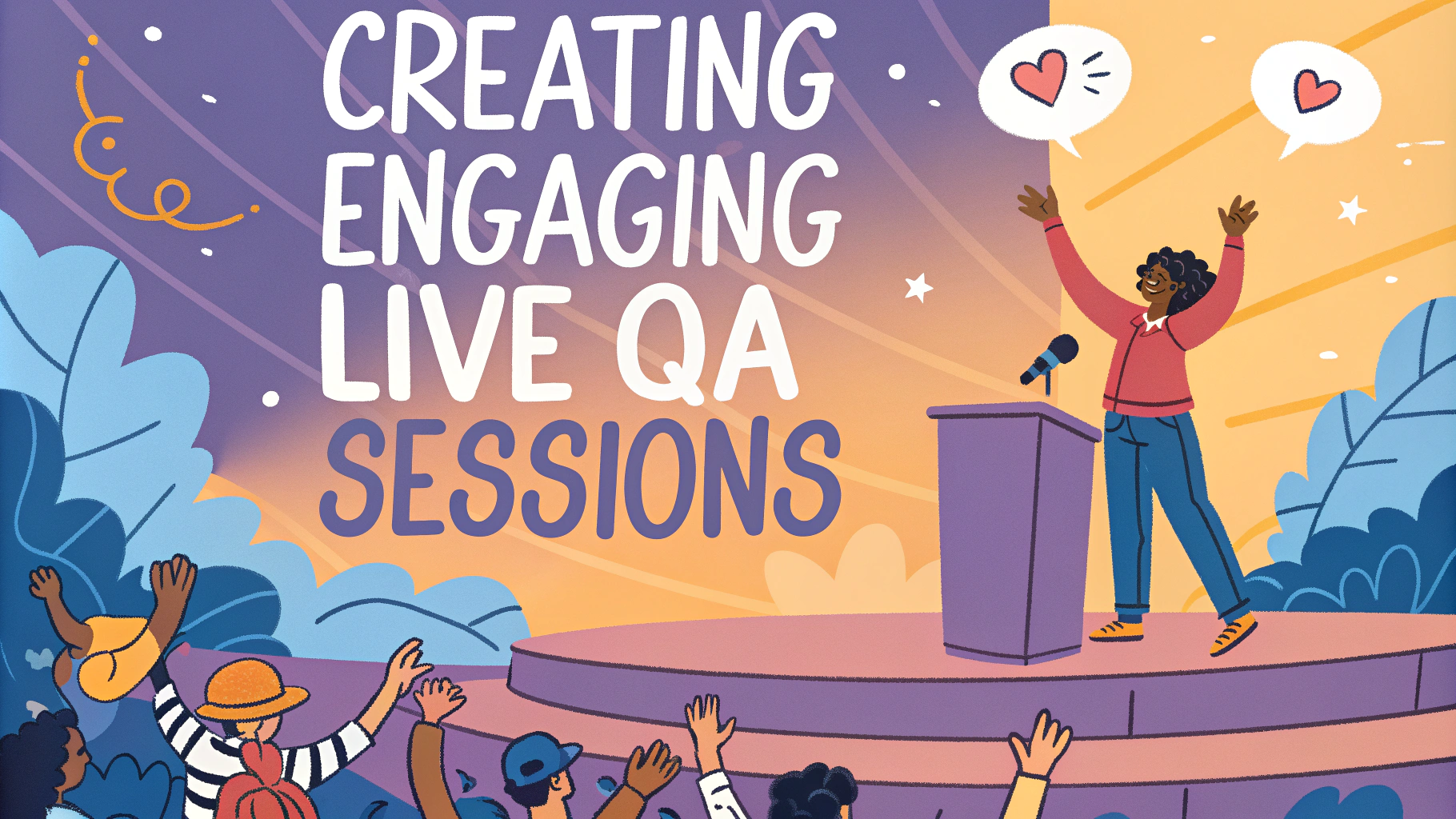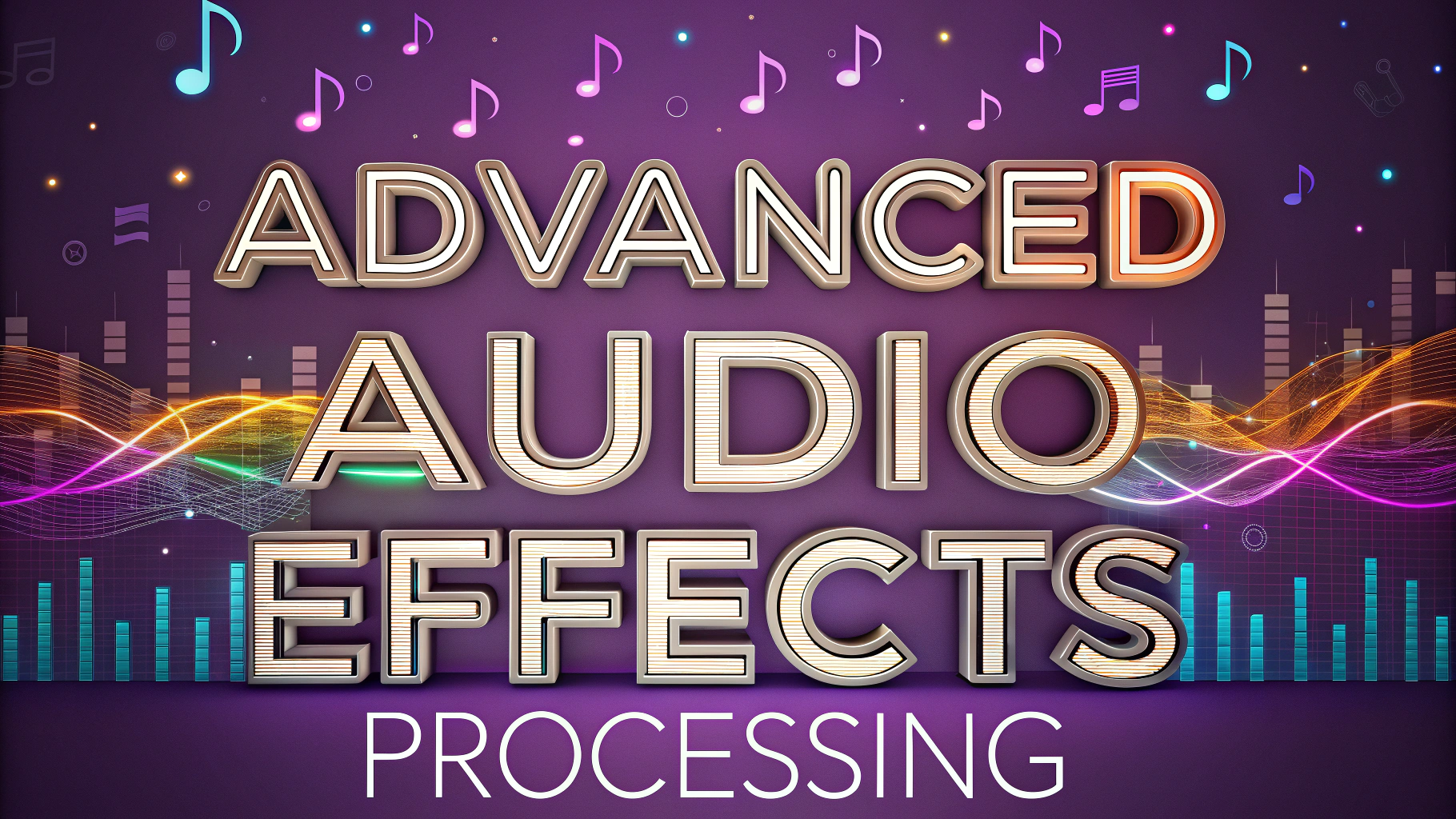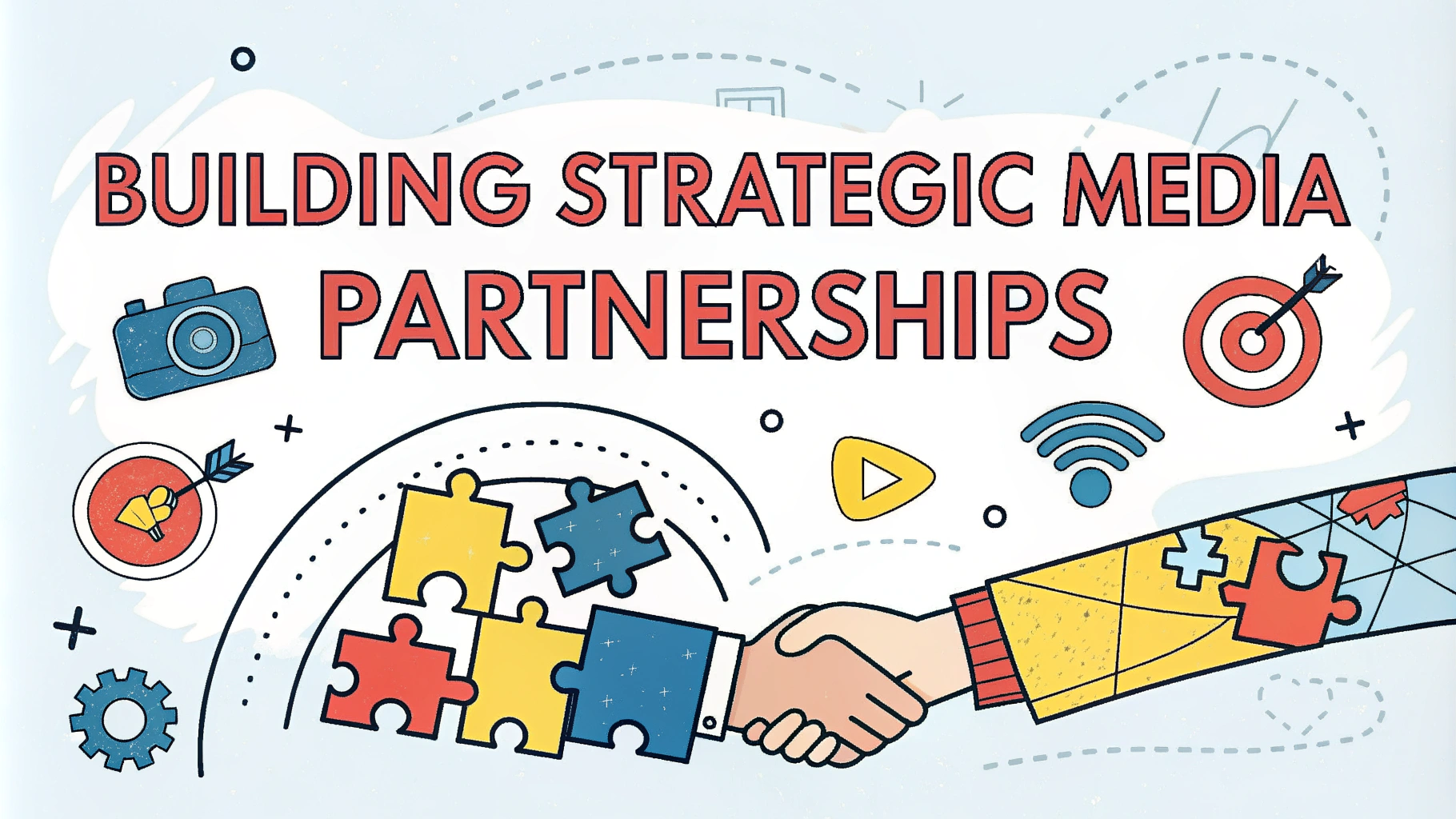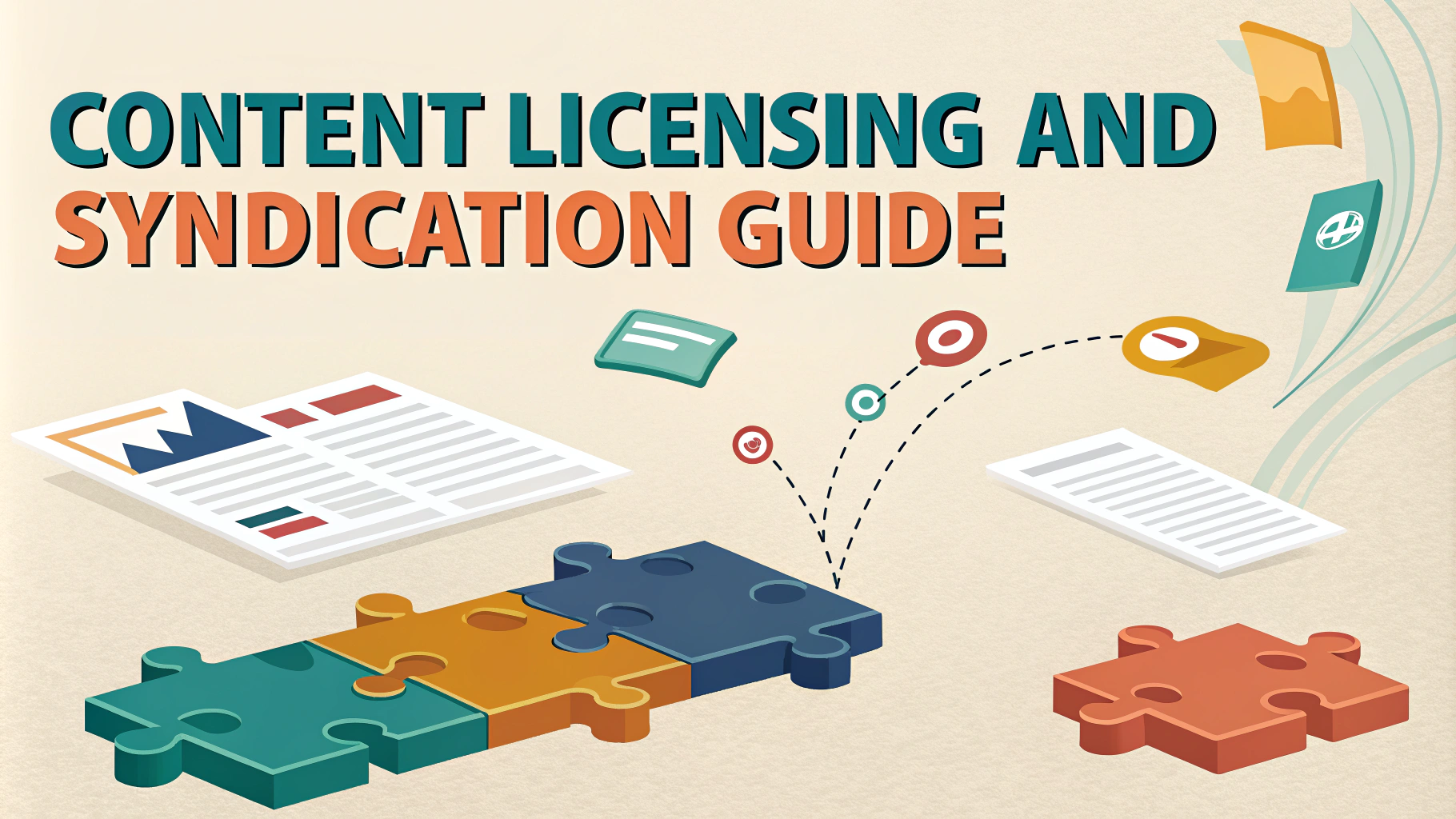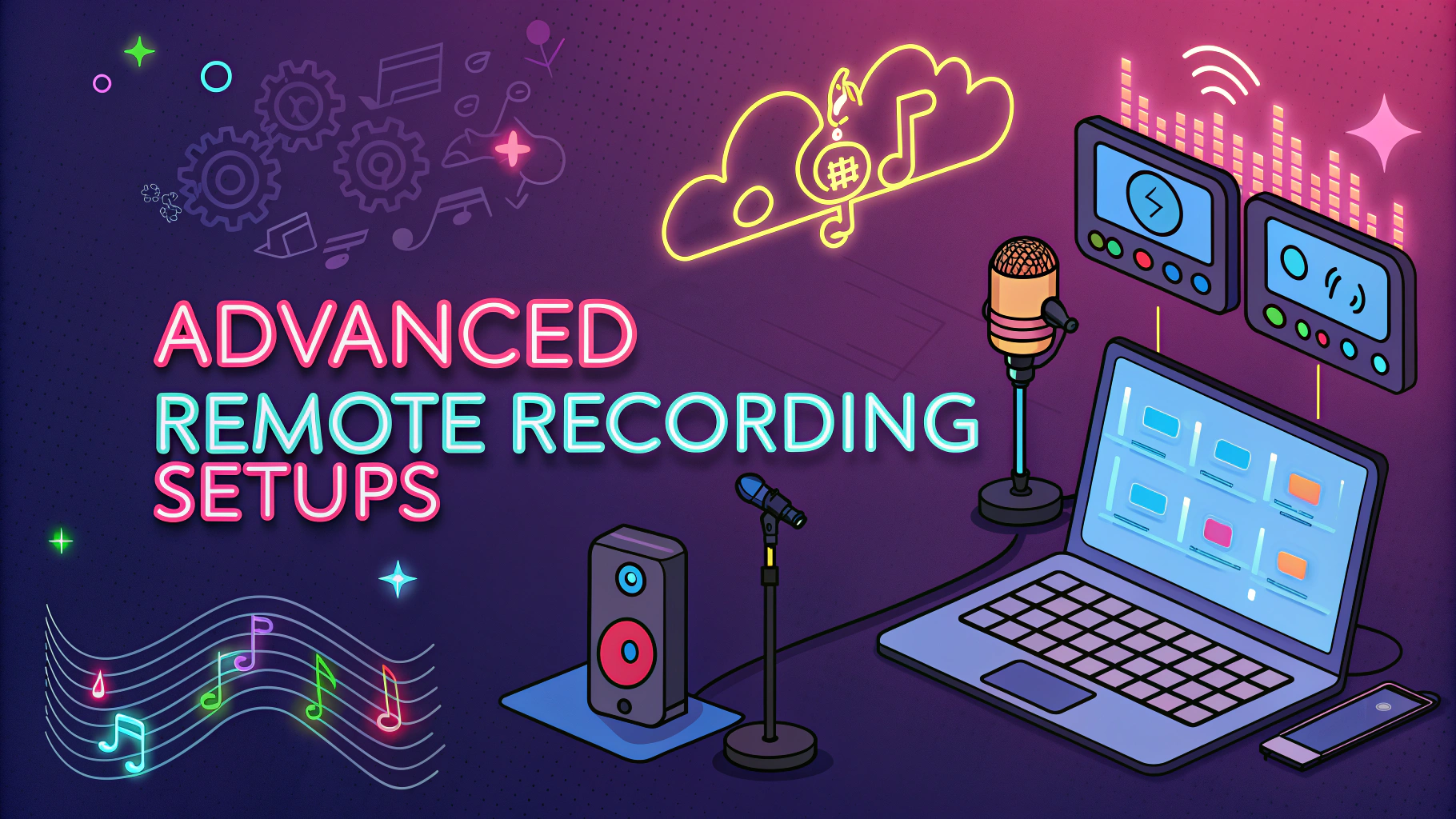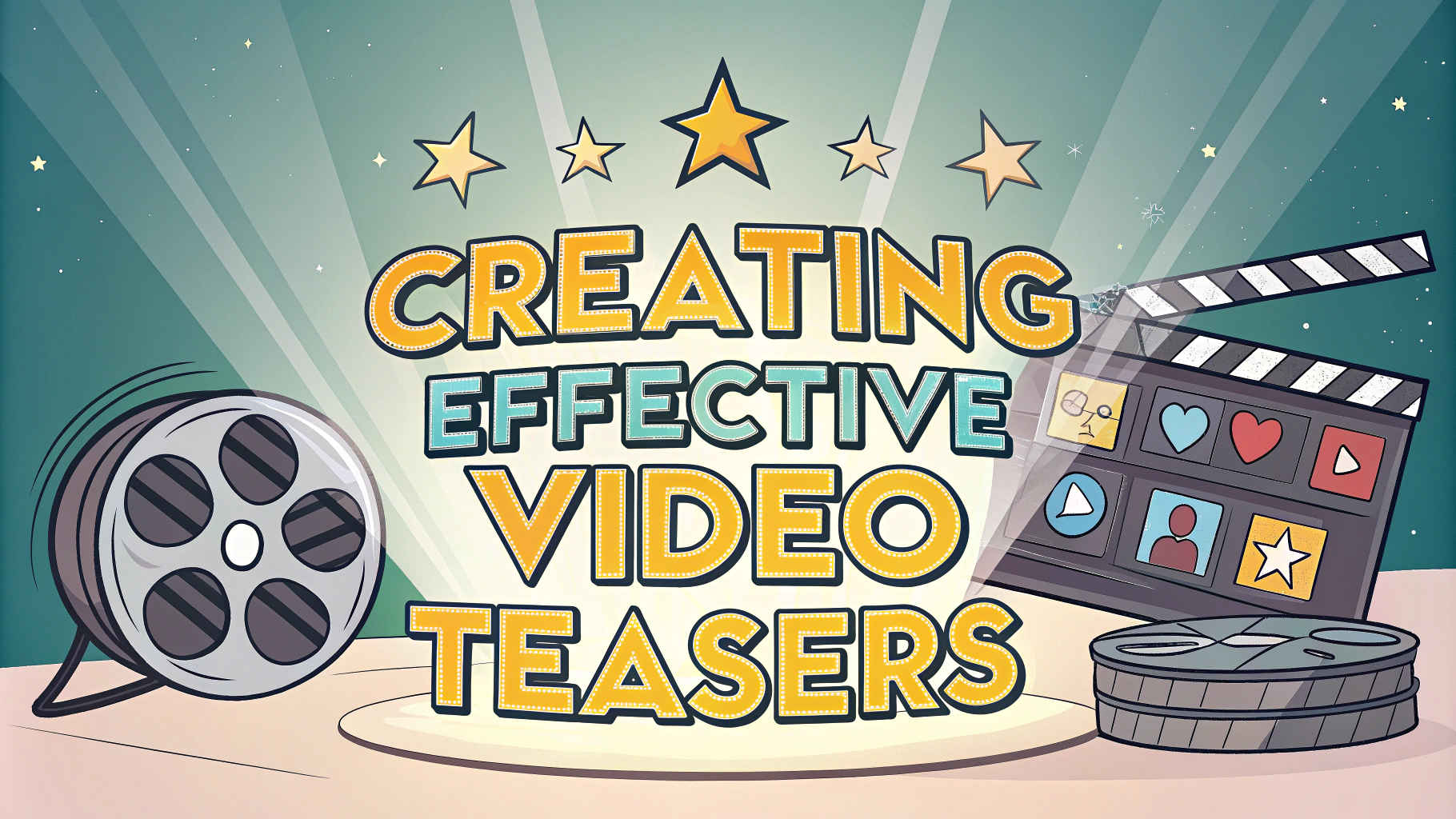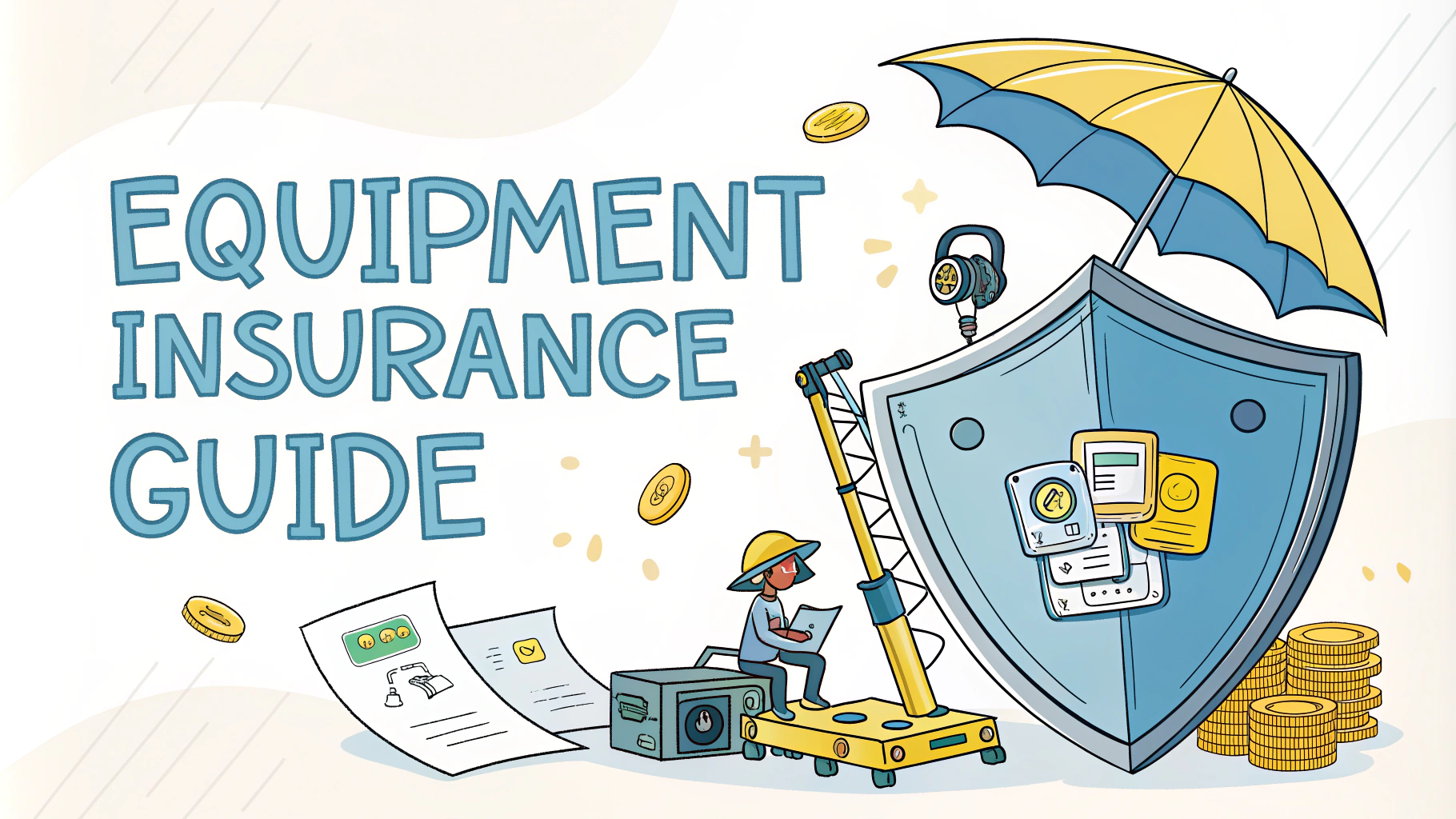Content licensing and syndication can transform your podcast from a creative project into a sustainable revenue stream.
Understanding the legal and business aspects helps podcasters maximize distribution while protecting their intellectual property rights.
This quick guide covers the key considerations for licensing podcast content and establishing syndication partnerships.
Types of Podcast Licensing
- Distribution License – Allows platforms to host and stream your content
- Adaptation License – Permits creation of derivative works like translations
- Synchronization License – Required for using music in podcasts
- Merchandise License – Enables creation of branded products
Syndication Partnership Models
Revenue share agreements split advertising income between the podcaster and distribution platform.
Flat-fee licensing provides upfront payment for content usage rights.
Cross-promotion deals exchange content placement for expanded audience reach.
Key Contract Terms to Include
- Usage rights and limitations
- Territory and duration
- Revenue sharing percentages
- Content modification rights
- Termination clauses
- Quality control requirements
Major Podcast Distribution Platforms
| Platform | Licensing Model | Revenue Share |
|---|---|---|
| Spotify | Non-exclusive | 30-50% |
| Apple Podcasts | Non-exclusive | No revenue share |
| Google Podcasts | Non-exclusive | No revenue share |
| Stitcher | Optional exclusive | 50-65% |
Protecting Your Content
Register your podcast with the U.S. Copyright Office for maximum legal protection.
Use clear content usage terms in your show notes and RSS feed.
Consider trademark registration for your podcast name and brand.
Monetization Strategies
- License content to streaming platforms
- Syndicate to radio stations
- Create premium subscription offerings
- Develop international language versions
- Package content for educational use
Working with Licensing Agencies
Professional licensing agencies can help negotiate deals and manage rights.
Common agencies include:
- Podcastmusic.com – Music licensing
- PRX – Public radio distribution
- Westwood One – Commercial radio syndication
Next Steps for Podcasters
Review your current distribution agreements to identify new licensing opportunities.
Develop a clear content licensing strategy aligned with your growth goals.
Consider working with an entertainment lawyer to review complex licensing deals.
Contact industry organizations like the Podcast Business Association for additional guidance and resources.
Best Practices for Negotiations
- Research market rates for similar content
- Start with shorter-term agreements
- Include performance metrics and reporting requirements
- Maintain creative control rights
- Define content delivery specifications
- Include renewal and renegotiation terms
International Licensing Considerations
Different countries have varying copyright laws and licensing requirements.
- Research territorial rights restrictions
- Consider language and cultural adaptation needs
- Understand local content regulations
- Review international payment structures
Common Licensing Pitfalls
Avoid these frequent mistakes when licensing podcast content:
- Signing overly broad rights agreements
- Neglecting quality control provisions
- Unclear revenue calculation methods
- Inadequate content usage tracking
- Missing milestone and delivery dates
Building Your Licensing Success
Successful podcast licensing requires strategic planning and careful execution of agreements.
Focus on creating high-quality, unique content that appeals to multiple distribution channels.
Maintain professional relationships with licensing partners while protecting your intellectual property.
Stay informed about industry trends and opportunities to expand your podcast’s reach and revenue potential.
FAQs
- What is content licensing in podcasting?
Content licensing is the legal permission granted to use copyrighted podcast content, including audio, music, scripts, or segments, by the rights holder to another party for specific purposes and under defined terms. - How does podcast syndication work?
Podcast syndication uses RSS (Really Simple Syndication) feeds to distribute podcast episodes across multiple platforms and directories, allowing listeners to access content through various podcast apps and platforms. - What rights do I need to secure for music used in my podcast?
You need both synchronization rights (to combine music with your content) and master use rights (to use specific recordings) from copyright holders, which typically include publishers and record labels. - Can I syndicate my podcast to multiple platforms simultaneously?
Yes, you can distribute your podcast to multiple platforms using a single RSS feed, which automatically updates all connected platforms when new episodes are published. - What is a podcast distribution agreement?
A podcast distribution agreement is a contract that outlines the terms for distributing podcast content, including revenue sharing, exclusivity rights, territorial restrictions, and duration of the agreement. - How do licensing fees typically work for podcasts?
Licensing fees can be structured as flat rates, revenue sharing arrangements, cost per listener, or a combination, depending on the agreement between the licensor and licensee. - What are exclusive licensing rights in podcasting?
Exclusive licensing rights grant a single platform or distributor sole permission to publish and distribute specific podcast content within defined territories or time periods. - How do I protect my podcast content from unauthorized use?
Register your copyright, use digital watermarks, implement clear usage terms, monitor for unauthorized use, and include proper copyright notices in your podcast metadata and descriptions. - What is content windowing in podcast licensing?
Content windowing is the practice of releasing podcast episodes to different platforms at different times, often giving exclusive early access to specific distributors before wider release. - Can I license individual podcast episodes separately?
Yes, you can license individual episodes separately from the full series, which is common for special episodes, archive content, or particularly popular installments.
